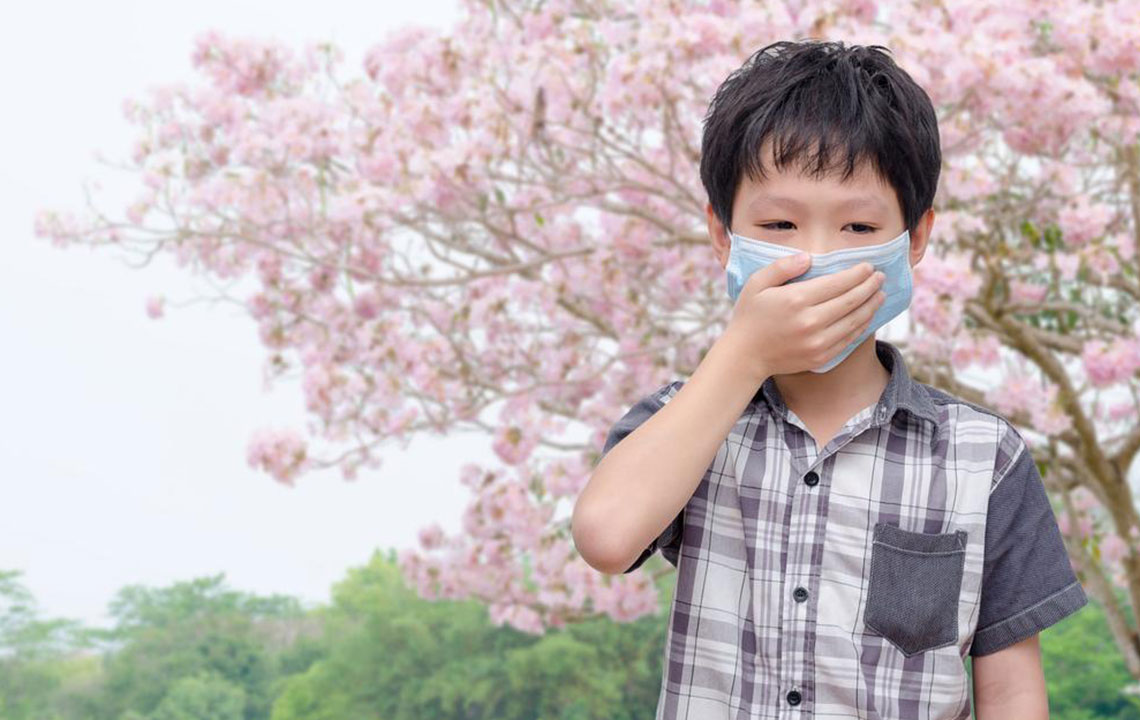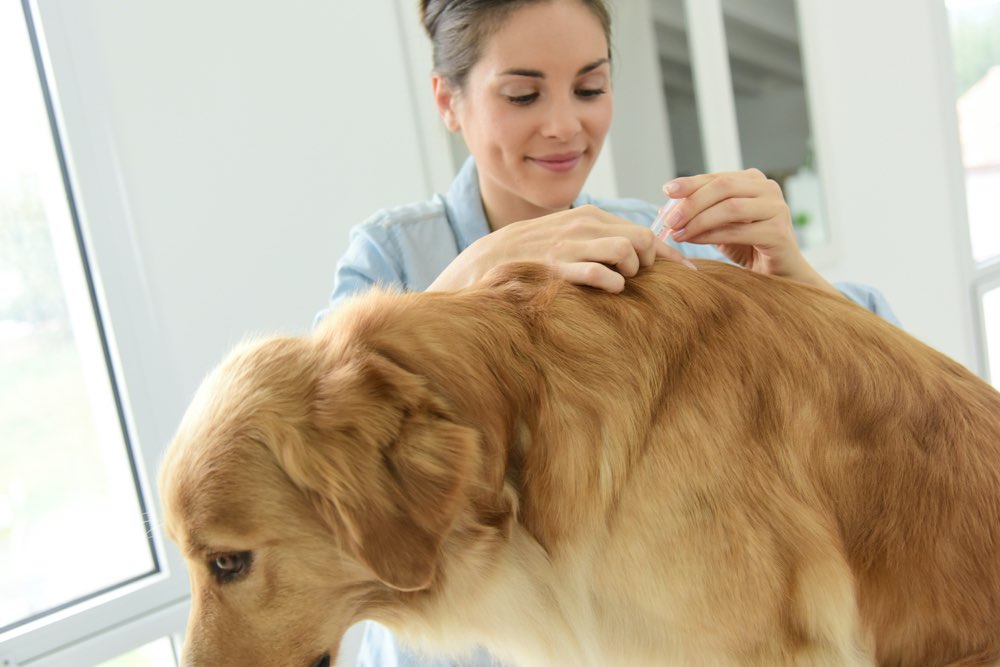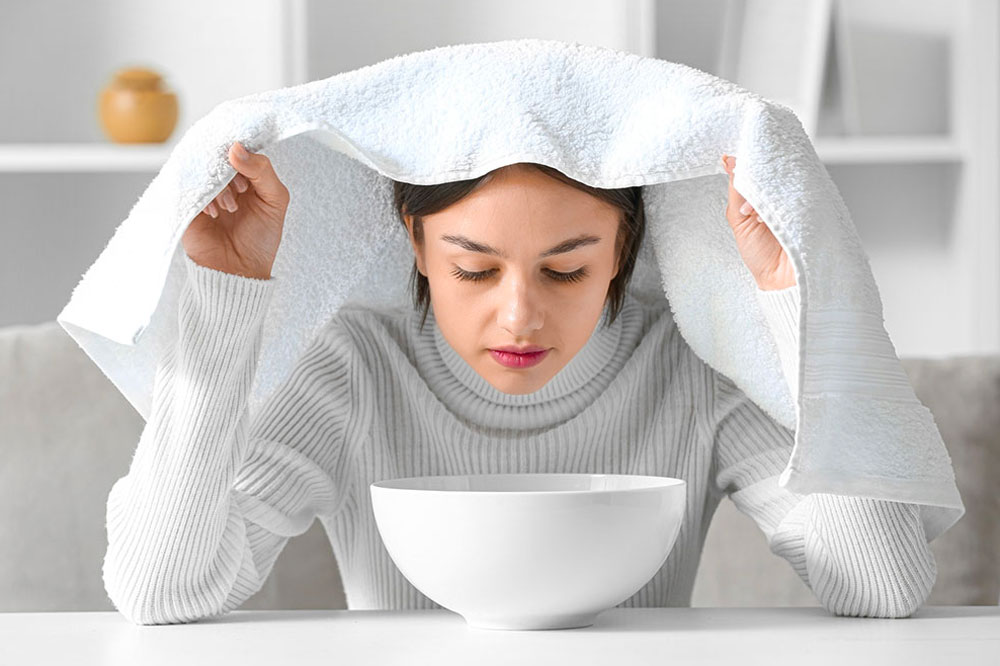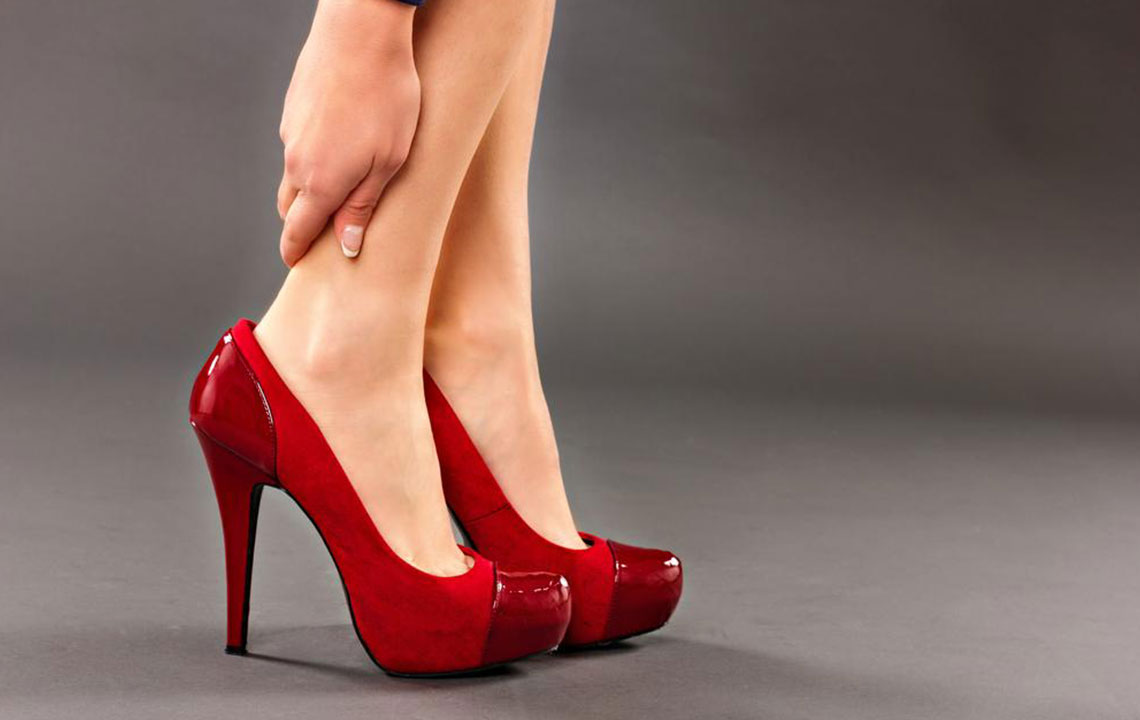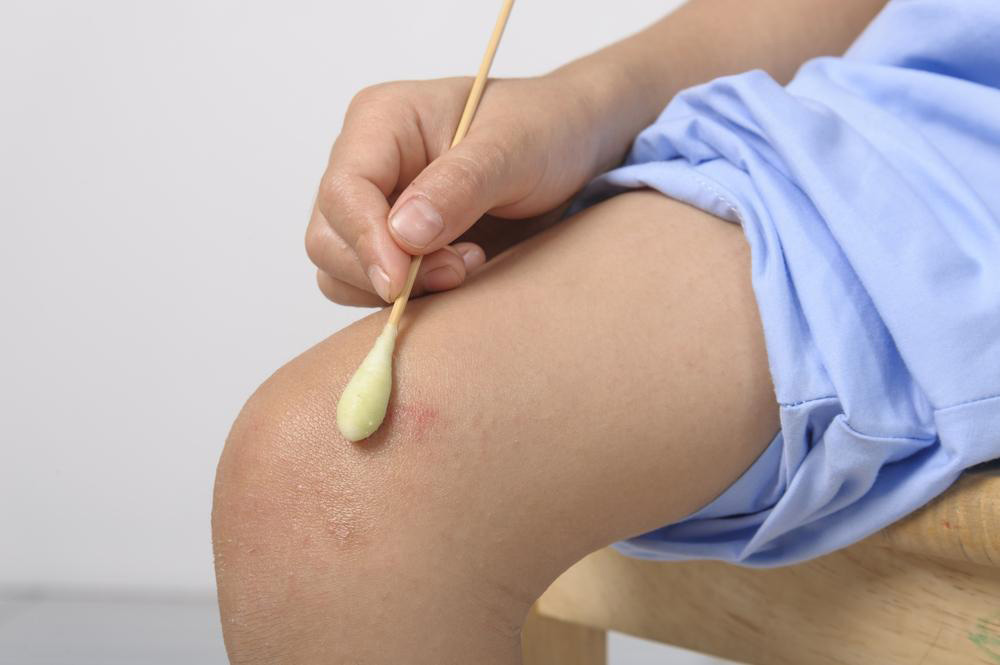Natural Home Strategies for Managing Allergic Rhinitis
Discover effective natural home remedies to manage allergic rhinitis, including allergen avoidance, saline nasal rinses, steam inhalation, and lifestyle tips. These methods can help alleviate symptoms and improve quality of life without medication. Consult your healthcare provider for personalized advice especially in severe cases.

Natural Home Strategies for Managing Allergic Rhinitis
Many individuals suffer from allergic rhinitis, a chronic condition that disrupts daily life. Symptoms such as watery eyes, sneezing, itchy sensations, and nasal congestion can be overwhelming. Fortunately, there are effective home-based remedies to alleviate these symptoms. Below are practical tips for managing allergic rhinitis naturally.
Minimize Exposure to Allergens at Home
Reducing contact with dust, pet dander, and other common allergens can prevent symptoms. Regularly clean dust-prone areas, wash bedding in hot water, and use dust-mite-proof covers to limit exposure.
To prevent pet allergies, keep furry friends outside or restrict their indoor access. Clean bathrooms regularly to prevent mold growth.
Avoid Outdoor Allergens During Peak Pollen Season
If pollen triggers your allergies, steer clear of outdoor activities during high pollen periods. Identify specific pollen types that affect you and plan accordingly.
Use Saline Nasal Sprays
Saline solutions help rinse nasal passages, removing mucus and irritants, providing quick relief from congestion and allergies.
Steam Inhalation
Fill a large bowl with boiling water, add a few drops of essential oil, cover your head with a towel, and inhale deeply. This helps clear nasal passages and reduces symptoms naturally. Repeat as needed for relief.
Additional Home Remedies
Avoid smoking and tobacco use, as they worsen symptoms. Using a humidifier can help maintain optimal indoor humidity, reducing airborne allergens. Stay well-hydrated to flush out allergens from your system. Severe cases may require over-the-counter allergy medications as recommended by your healthcare provider.
Important Notice:
The information provided is for educational purposes only. It should not replace professional medical advice. Always consult healthcare professionals for diagnosis and treatment of allergies or health conditions.

